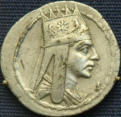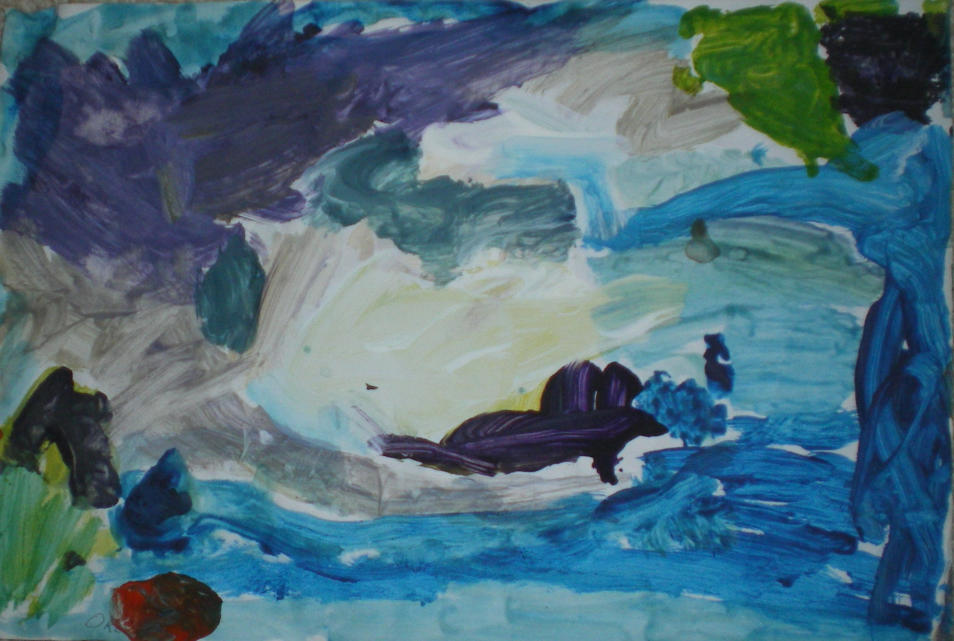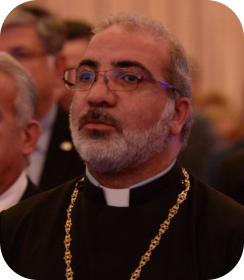

Armenian Jerusalem






Artwork by Oren Gourlay Hagopian
The words flow out powerfully in a resurgent stream, like the waters of the River
Jordan, unstoppable, evocative, seeking to stir, rouse us into an emotional or spiritual
contemplation.
Always seeking the light, soaring towards the light.
As he walks along a dark and silent street, his head down, he is shadowed by the moon. The wind blows dispassionately, as if intent on throttling the silence. Self-centered, he is seeking answers from God, but when he stumbles against a beggar, he relents and asks forgiveness for his egoism and mercy for the hapless man. Meet the poet, the Very Reverend Father, Pakrad Berjekian, Vicar general of the Western Diocese of the Armenian Church in America, former Chairman of General Assembly of the Brotherhood of St James in Jerusalem. A priest and a poet. Not a first - he is preceded by such illustrious Armenian greats as Ghevont Alishan, St Nerses the Gracious, Megerditch Khrimian ("Hayrig"), Khoren de Lusignan, Sayat Nova): another beacon of light for literature, not only Armenian, but universal. What Berjekian writes, finds echoes in all languages, all over the world. There was a time when, in his teens, the words would flow from the end of a lead pencil, black on white, wafting onto a sheet of lined paper, scratching long lines of vivid emotion. The lead pencil is long gone now, replaced by the serrated black rows of a computer keyboard. No scratching paper. just a luminescent screen, where his somber visage is reflected, a background censor zealously marking the outpouring of words. He was only 17, a novice seeking a life of spiritual enlightenment as a seminarian in Jerusalem, immersed in the quest of service to God and his community, when he felt the first inklings of a poetic stirring in his soul. He remembers his first bashful attempts at putting down the cascade of ideas filling his mind. He was fortunate in having as his mentor an acclaimed poet, and fellow priest, the late Patriarch, Archbishop Yeghishe Derderian. Under his tutelage, Berjekian's budding skills developed and the young seminarian forged ahead with his dreams of capturing the world in rhythm and rhyme. "Derderian read everything I wrote and helped me with his critique," Berjekian confides. The years rolled by and he became ordained a celibate priest of the Holy See of Jerusalem. There never was any conflict between the chalice and the pen. Every time he lifts the golden cup during holy mass, his eyes brim with tears, but his hands are sturdy as a rock, as in awestruck reverence, he offers his prayers: there is nothing before him but the blood and body of Christ which he is consecrating. And when he sits down to craft his poems, there is no other thought other than capturing the "tsunami" of emotions pleading for utterance. Berjekian's style is heedless of quantitative linear considerations. "The important thing is the theme and the imagery and the message. The beauty is in the imagery and its flow with a tsunami of emotions," he explains. "I do not look or explore, feelings and thoughts may rush through my mind simply by observing a natural scene or by hearing some heart touching music," he explains. "Personal injustices or malicious acts, or any kind of happy moments may have an impact on my urge to write," he adds. "Feelings create images in me which come out in words imagined in my own way. For example, I watch the rain, and often see in the rain the image of a harp played by divine hands resulting in a heavenly music." Writing under the pen name Pakradouni, derived from an ancient Armenian hereditary nobility, he has produced three books so far with such catching titles as: "Looysn Ooshatzadz" [The Light is Late],"Hokiyi Hamerk" [Concert of the Soul], and "Hooysi Navag" [The Boat of Hope]. It is a universal truth that the life of a priest is one of personal penance and sacrifice, embedded in pledges of obedience, poverty and celibacy, in a world where temptation beckons us at every step. Berjekian knows that abandoning and renouncing the world and all its riches in favor of serving God and man, demands a lifelong commitment, bolstered by an indomitable will and an indefatigable zeal. No stranger to hard work and dedication, he had been tasked with the oversight and protection of the Armenian Patriarchate's real estates in Jerusalem, and when he was sent to the US, he was assigned Vicar of the Western Diocese and supervisor of all Saturday schools functioning under its authority. [The Jerusalem Patriarchate is the second most important source of spiritual rejuvenation for all Armenians after the Mother Church at Etchmiadzin, Armenia. One of its fundamental tasks is the training of priests at its theological seminary: Armenian churches around the world rely upon Jerusalem to replenish the ranks of their clergy when they run down]. Berjekian had chosen a career that is relentlessly difficult and demanding, but at the same time, immeasurably rewarding. Wrapped in a world of spirituality, and a heavy cloak to ward off the merciless weather, he would walk the streets of the Old City of Jerusalem on cold winter nights, to assume his duties as a celebrant in the Cathedral of the Holy Sepulchre, his heart bursting with a concatenation of thoughts, feelings and emotions. The midnight trek is part of the trauma and torment that is the lot of an Armenian priest. But for Berjekian, it is also a precious period of quiet reflection, and there is a smile on his face as he plods on. For he knows how to turn pain into song, as he says in his "Orchestra of the Soul". "My wound that festered of eve "Is transmuted into song today." (Jan 1, 2017)




















